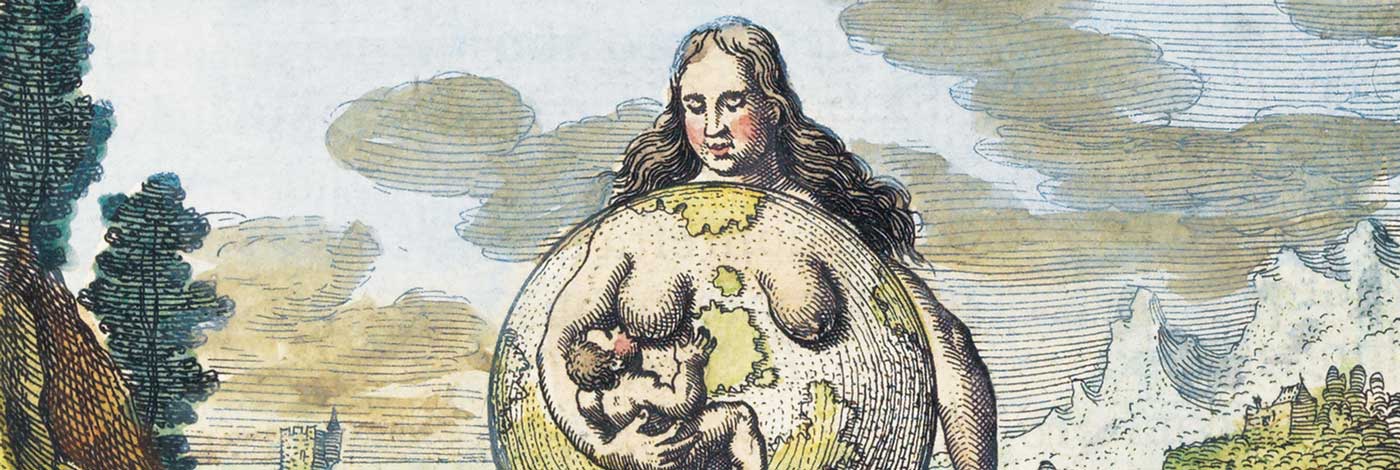
 Anthropozoologica
31 - Pages 165-172
Anthropozoologica
31 - Pages 165-172Despite the importance of hunting in human evolution, in most cases the long-term effects of this activity on populations of wild animals are poorly known. Behavioural effects include chiefly an interference in spatial behaviour, e.g. a temporary abandonment or substantial increase of the previous home range and/or a significant spatial and temporal change in habitat use for security reasons. Genetic consequences may also be important, especially if trophy hunting is involved. Hunting regimes on ungulates and control of predators can greatly affect the age structure of the hunted population, with unpredictable consequences e.g. an increase of damage to cultures and the spread of disease.
Hunting, Behaviour, Demography, Genetics.